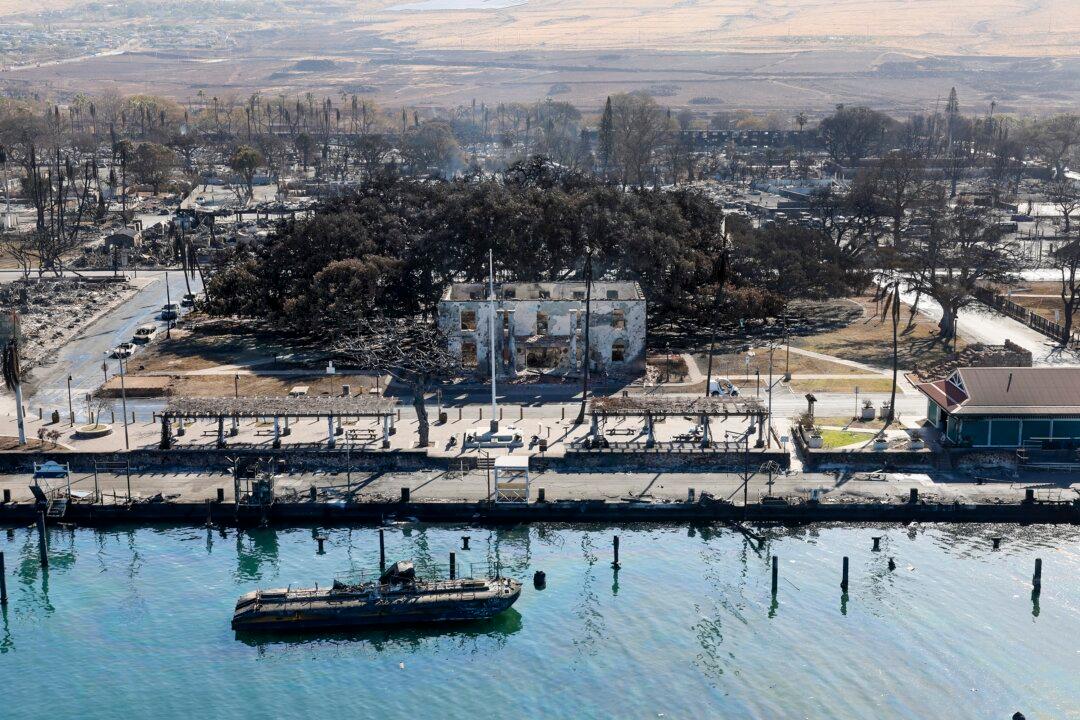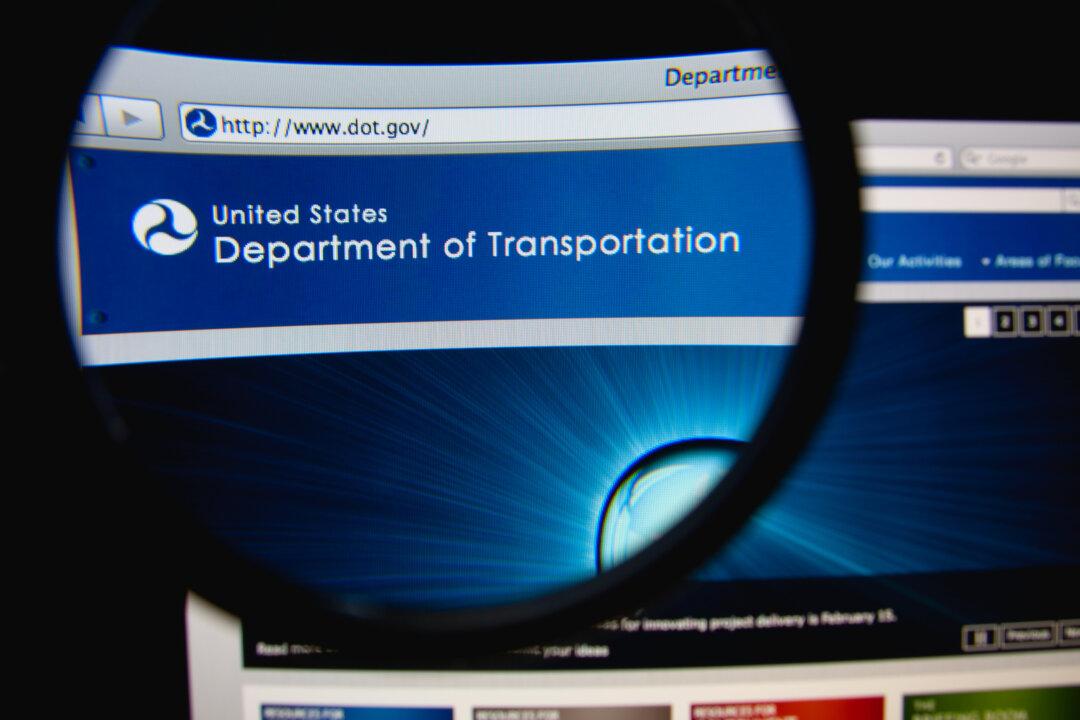The tragedy of Maui brought renewed questions about travel insurance from many sources. So here’s a current look at nine principles:
It’s the Money
Insurance—all insurance, not just travel—is about money. It’s not going to repair a ruined vacation, and it’s not going to compensate you for any of travel’s many hassles, frustrations, and aggravations. If you have money at risk that you can’t recover if something goes radically wrong with your trip, you probably need insurance; if not, you probably don’t.The Important Stuff
The main money risks most travelers face are unexpected medical bills and loss of nonrefundable prepayments and deposits they incur if they cancel or interrupt a trip. Travel insurance can cover those risks. Many policies also cover delay expenses and such, but those risks are chump change compared with the big-ticket risks.Almost everyone these days needs medical insurance coverage if they face hospitalization or a visit to the doctor while traveling. Young and middle-age people’s policies more often than not include foreign travel, so those folks probably don’t need additional medical coverage. Seniors on Medicare, on the other hand, probably need travel medical insurance if they’re leaving the United States. And a few travelers of any age might want specialized travel insurance that covers emergency transportation home.





